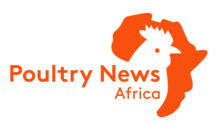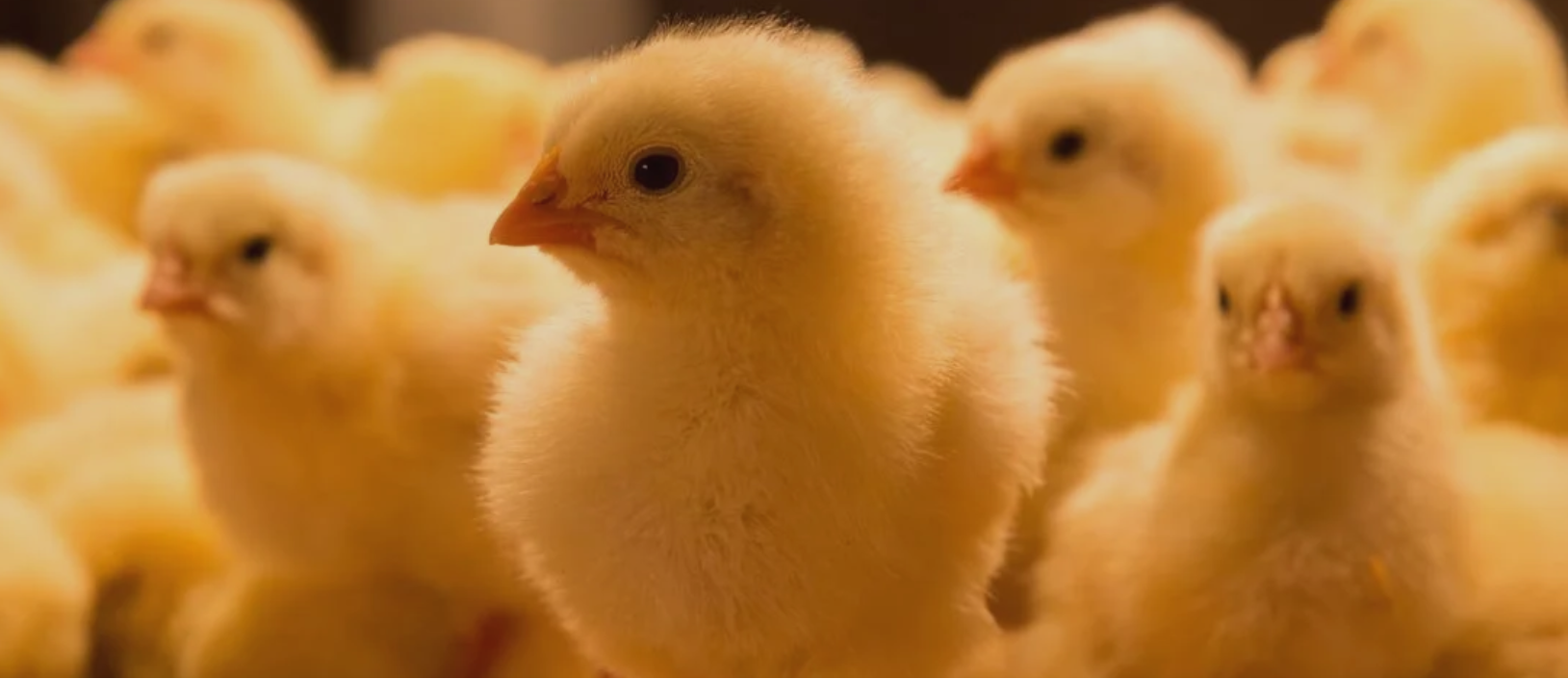In 2018, Ethiopia’s poultry industry took a major step forward through a strategic partnership between the World Poultry Foundation (WPF) and EthioChicken. This partnership was designed to strengthen the country’s poultry value chain by empowering professionals with advanced knowledge and practical skills. Recognizing that poultry is a crucial source of income, nutrition, and employment for many Ethiopian families, especially in rural areas, the organizations aimed to build a foundation for long-term growth and sustainability.
To achieve this, a specialized training workshop was held in Addis Ababa for 75 selected veterinarians from different regions of Ethiopia. The training was organized with the support of Merck Animal Health and facilitated by poultry expert Dr. Scott Gillingham. These veterinarians were the best placed to directly influence poultry farmers in both commercial farms and small backyard setups. By equipping them with modern skills, the initiative ensured that the benefits rippled across the entire poultry sector.
During the workshop, participants received hands-on lessons on essential poultry management practices. A key area of focus was brooding management, which involves caring for chicks during their first weeks of life. Proper temperature control, clean bedding, ventilation, and access to clean water and balanced feed were emphasized as core practices that determine the survival and growth of young birds. When managed well, these practices significantly reduce chick mortality and contribute to stronger, healthier flocks.
Another major component of the training was disease prevention and control. Poultry diseases such as Newcastle disease, coccidiosis, and avian influenza remain serious threats in Ethiopia. To combat this, the trainers demonstrated vaccination techniques, biosecurity measures, early disease detection, and how to respond quickly to outbreaks. Participants also learned to educate farmers on safe handling of birds, hygiene practices, and maintaining clean poultry houses to avoid cross-infections.
Beyond technical skills, the training program aimed at building local expertise and independence. Instead of relying on foreign specialists, Ethiopia now has a network of trained veterinarians who can provide continuous guidance to farmers, conduct outreach programs, treat sick birds, and train others at the community level. This approach ensures that knowledge remains within the country and continues to grow.
This initiative did not only benefit large-scale poultry farms; it equally supported backyard farmers who rely on a handful of chickens for eggs, meat, and income. In many households, poultry farming supports women, youth, and low-income families. Through expert advice and improved veterinary services, these farmers are now able to raise healthier birds, increase production, and boost their livelihoods.
By investing in human capacity, WPF, EthioChicken, and their partners laid the foundation for a more resilient, profitable, and sustainable poultry industry in Ethiopia. The program showed that when local professionals are empowered with the right tools and knowledge, they can transform communities, enhance food security, and strengthen the national economy.



